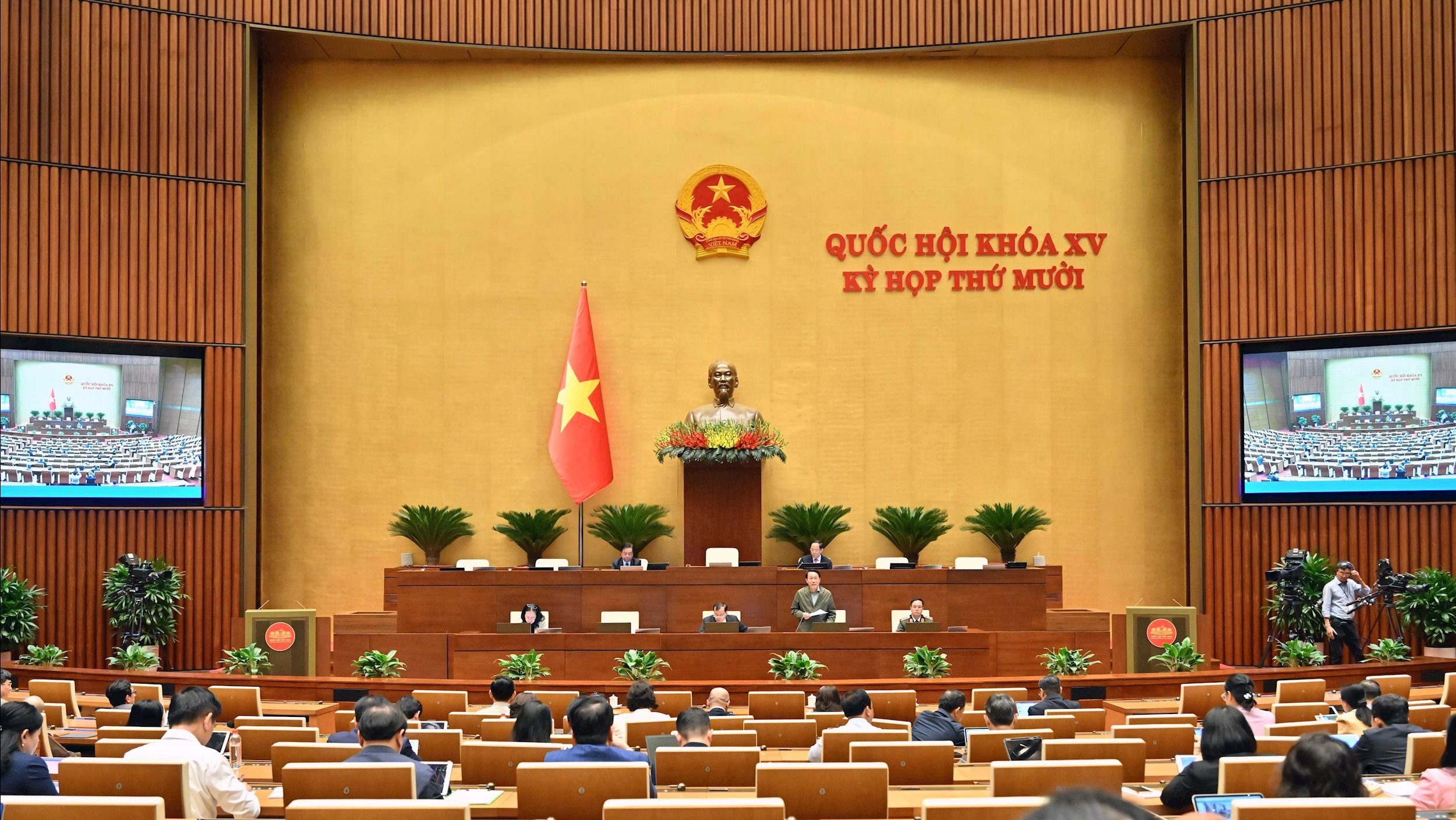
Clarifying the scope of prohibitions related to the use of AI
The National Assembly deputies highly agreed with the amendment and supplementation of the Law on Protection of State Secrets in order to promptly institutionalize the viewpoints and policies of the Party and State on administrative reform as well as overcome the shortcomings and limitations that have been identified in the implementation of this Law from 2020 to present. The draft Law has new and progressive points, especially in simplifying administrative procedures.
Regarding the prohibited acts in Article 5, the National Assembly deputies noted that the draft Basic Law inherits the current Law and adds a number of new acts, in response to the development requirements of science and technology, thereby stipulating 10 groups of prohibited acts.
National Assembly Deputy Trinh Thi Tu Anh ( Lam Dong ) stated that Clause 7 of this Article stipulates the change of purpose of use of computers and other devices used to draft, store, and exchange state secrets when the state secrets have not been removed. The delegate said that only stipulating "not removed" is not enough, it is necessary to clearly stipulate that specialized technical measures must be used to avoid data recovery after deletion and a mechanism for checking and confirming by a competent technical unit to ensure that no confidential data remains.
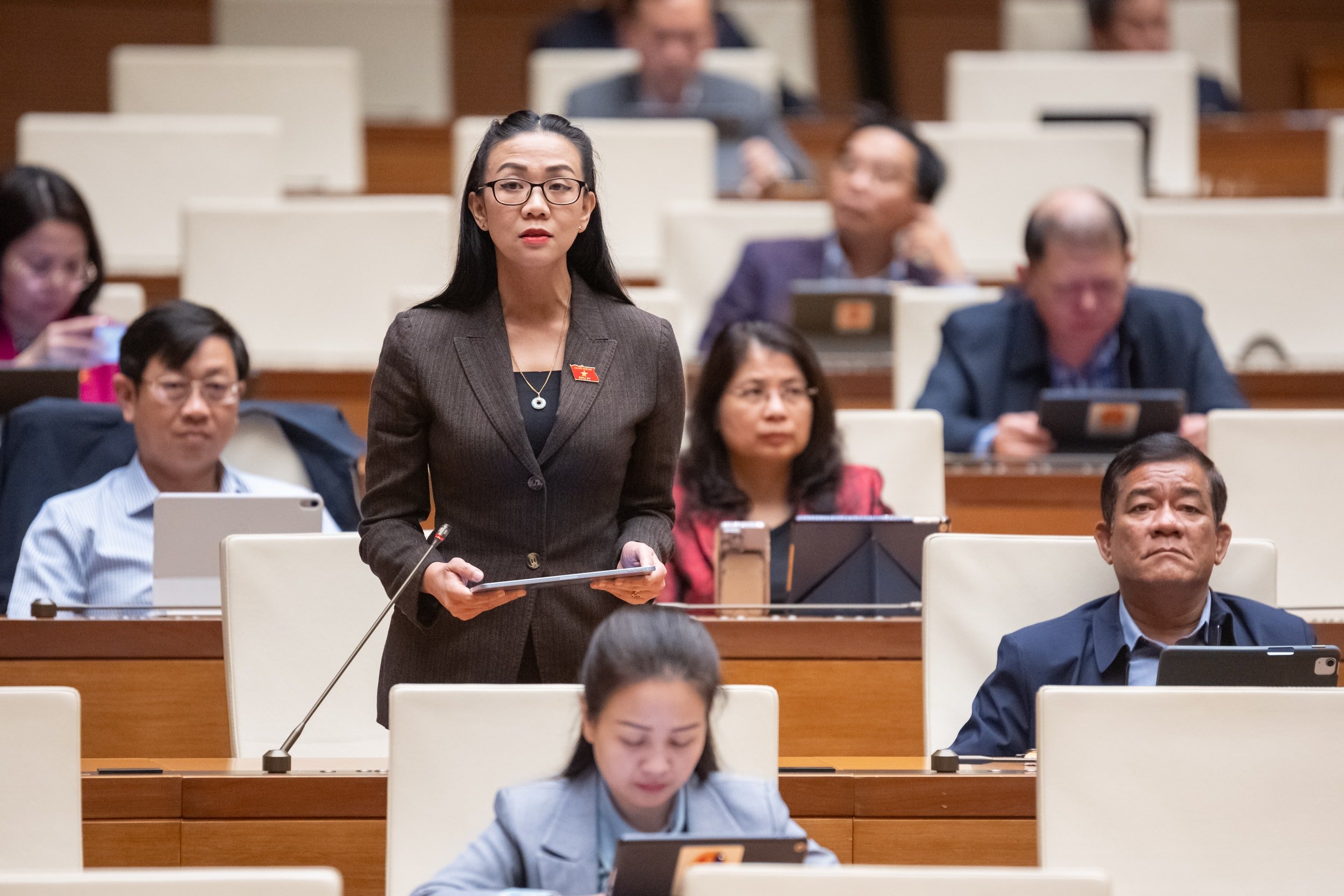
Therefore, the delegate proposed to amend Clause 7, Article 5 in the direction of: changing the purpose of using computers and devices used to draft, store, and exchange state secrets when state secrets have not been completely eliminated by specialized technical measures such as physical deletion, password deletion, and have not been inspected and confirmed by competent authorities.
Clause 10, Article 5 stipulates that the use of artificial intelligence (AI) systems to commit illegal acts is strictly prohibited under the provisions of this law. Considering this a very progressive point when including AI in the draft Law, however, delegates noted that it is necessary to clearly define the specific prohibited acts, because AI can be used to analyze and extract data, creating a very high risk of revealing secrets without having to appropriate all documents.
Therefore, the delegate suggested that the drafting agency clarify the scope of the prohibition, specifically prohibiting the use of tools and software with AI applications to analyze, synthesize, and summarize the content of documents and information containing state secrets, except in cases where it is permitted by a competent authority and deployed on a system that has been security controlled.
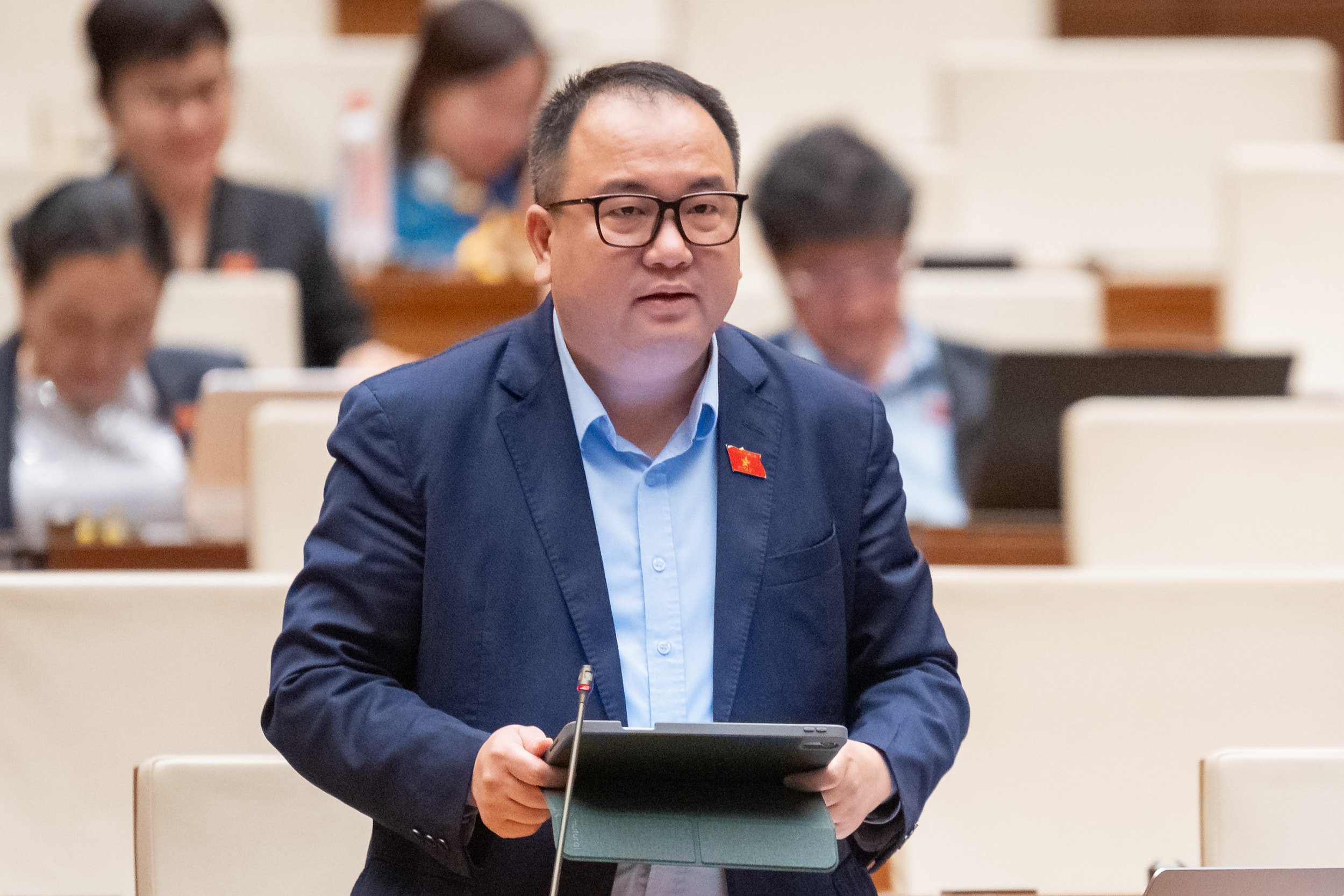
Also interested in this content, National Assembly Deputy Pham Trong Nghia (Lang Son) proposed to consider adding 3 prohibited acts. First , using unapproved software or encryption tools to encrypt, decrypt or transmit state secrets, leading to the risk of information disclosure or loss of control. Second , handling, performing acts of intervention, cyber attacks or using malware to penetrate the state secret storage system including independent LANs. Third , cooperating and exchanging state secrets with third parties without a clear confidentiality agreement according to regulations on international cooperation, leading to the risk of information disclosure outside the territory.
Ensure compliance with the industry and field after restructuring and streamlining
Regarding the scope of state secrets in Article 7, delegates said that the scope as outlined in the draft Law has been constructed very comprehensively, covering 13 areas from politics, national defense, security, economy to science, technology and health...
However, according to delegate Trinh Thi Tu Anh, Article 7 lists a wide scope that can easily lead to the abuse of secret stamps. Therefore, it is recommended to add a clause on guiding principles right in the introduction or add a new clause, possibly clause 14 as follows: the scope of state secrets must be regularly reviewed and adjusted to narrow as much as possible to facilitate information disclosure and digital transformation. "This principle will create a legal basis for agencies to proactively and seriously declassify old or no longer harmful information, promoting transparency," delegate Trinh Thi Tu Anh emphasized.
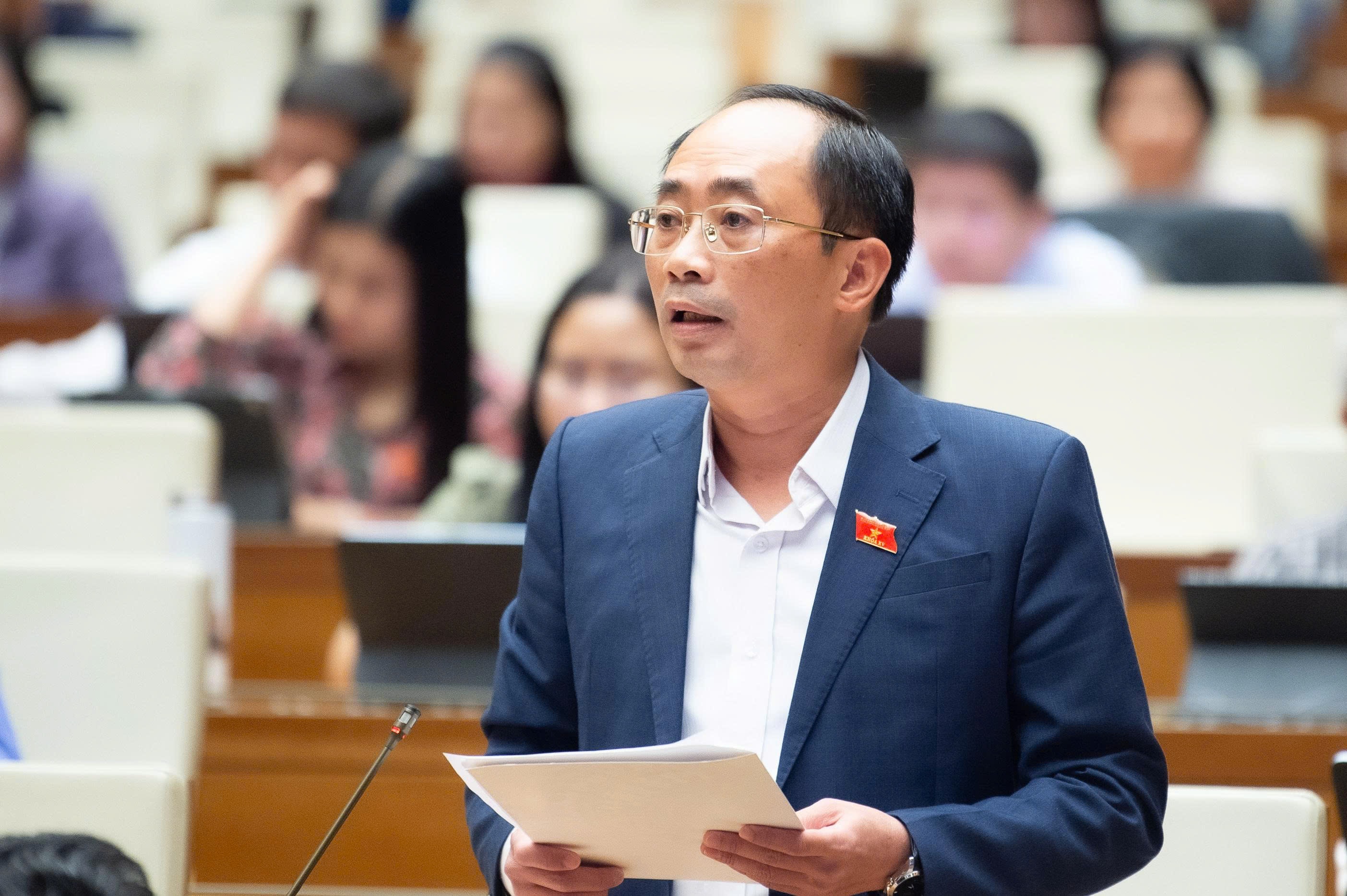
National Assembly Deputy Le Nhat Thanh (Hanoi) suggested that the drafting agency continue to carefully review the content of the scope of state secrets, clarify the content to suit the industry and field after the reorganization and streamlining of the apparatus, avoid using qualitative terms, which cause difficulties when building the list of state secrets and ensure feasibility when applying in practice.
In addition, after the reorganization of the central apparatus and the merger of provinces, the number of agencies with people performing the specialized task of protecting state rights is not much. Given the important role and very specific nature of the work of people performing the specialized task of protecting state secrets, delegate Pham Trong Nghia suggested that research should clearly stipulate that these subjects are entitled to preferential allowances in the Law to serve as a basis for the Government to stipulate in detail.
Explaining some issues of interest to National Assembly deputies at the meeting, Minister of Public Security Luong Tam Quang said that the Law's goal is to actively contribute to protecting national security, ensuring social order and safety, and meeting the requirements of science and technology development, innovation, digital transformation, and reorganizing the state apparatus, and implementing two-level local government.
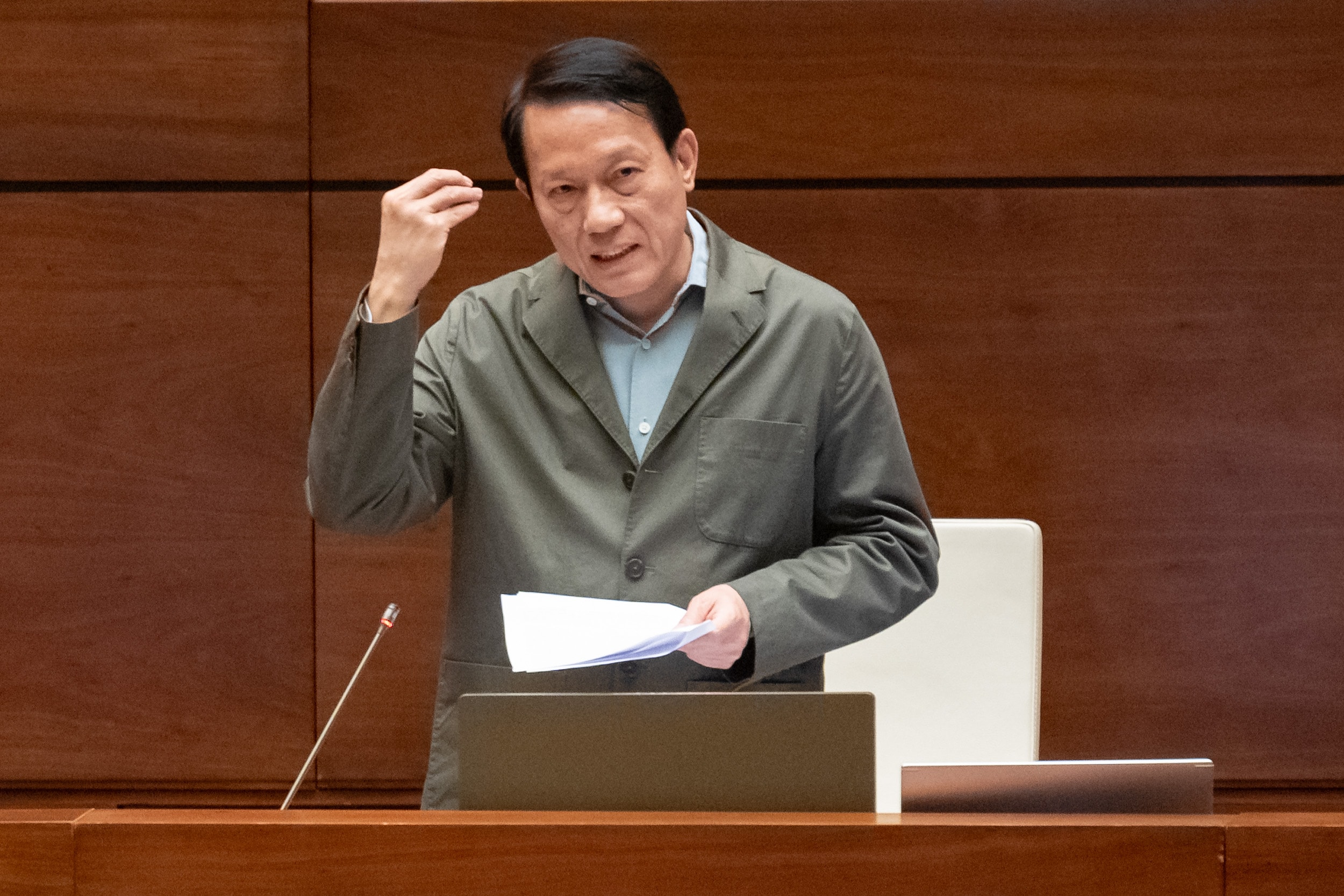
The Minister said that the drafting agency will take full advantage of the opinions of National Assembly deputies to revise regulations on the interpretation of terms; supplement electronic data forms; clarify the concepts of LAN, electronic documents containing state secrets; supplement the decree guiding the implementation of the law on the process and procedures for handling documents containing state secrets in the electronic environment to meet the requirements of science and technology development and national digital transformation.
“In addition, we will absorb the opinions of National Assembly deputies to make adjustments in the direction of directly assigning authority to deputies and eliminating authorization procedures, with the goal of simplifying internal administrative procedures. At the same time, we will add controls and protection measures for documents when they are taken away and returned for state secrets,” the Minister stated.
Source: https://daibieunhandan.vn/du-thao-luat-bao-ve-bi-mat-nha-nuoc-sua-doi-bo-sung-lam-ro-cac-hanh-vi-bi-nghiem-cam-thuc-day-tinh-minh-bach-10394983.html










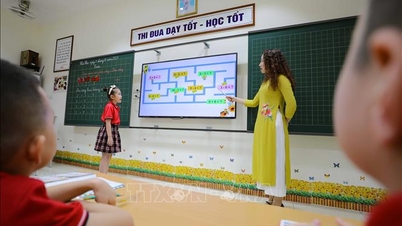



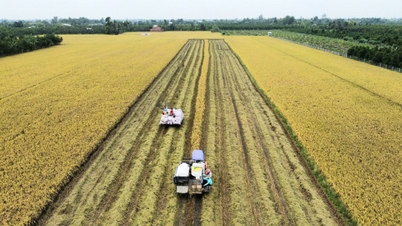



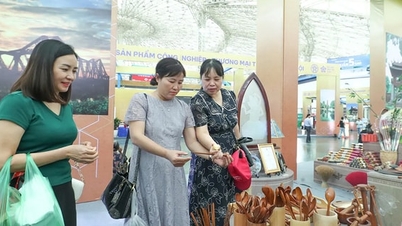



![[Infographic] Summary biography of Politburo member, Party Central Committee Secretary, Vice Chairman of the National Assembly Do Van Chien](https://vphoto.vietnam.vn/thumb/402x226/vietnam/resource/IMAGE/2025/11/10/1762763802897_tieu-su-6302-jpg.webp)

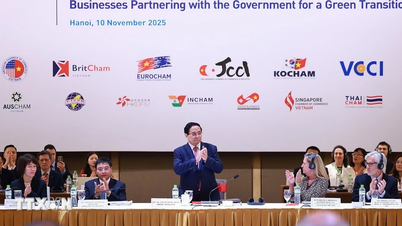



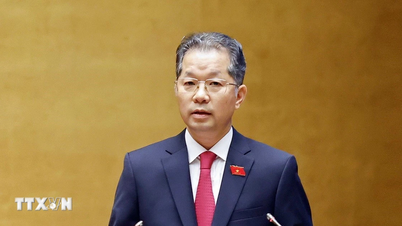




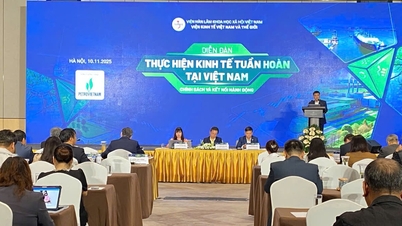
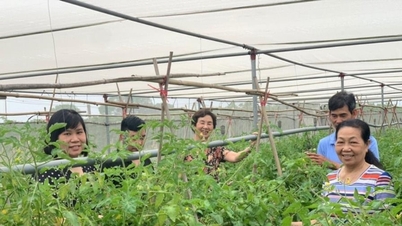

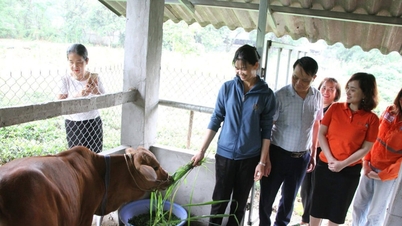





































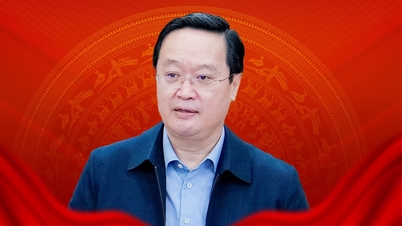










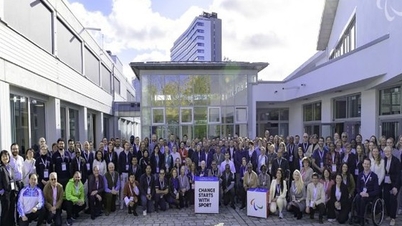
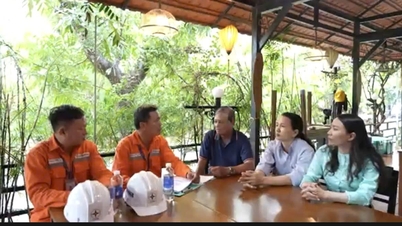

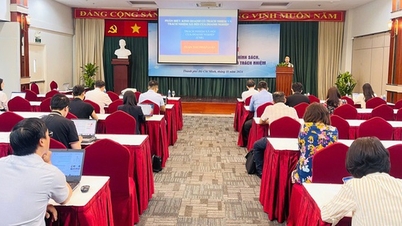

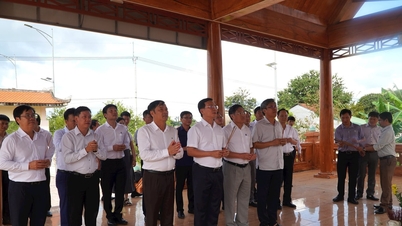

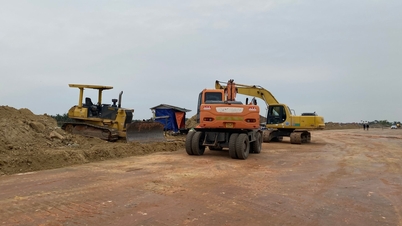

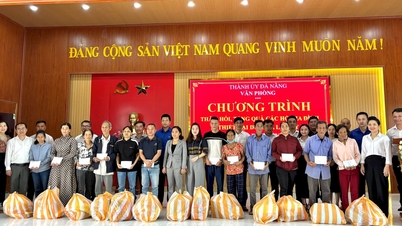

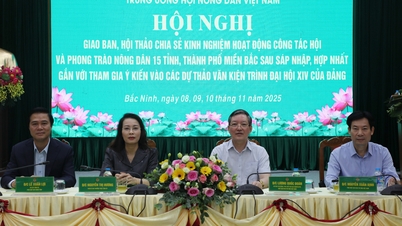


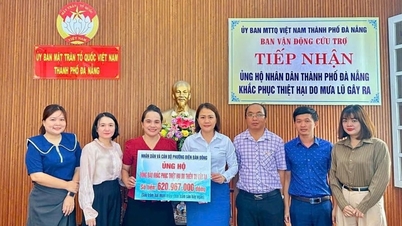
![Dong Nai OCOP transition: [Article 3] Linking tourism with OCOP product consumption](https://vphoto.vietnam.vn/thumb/402x226/vietnam/resource/IMAGE/2025/11/10/1762739199309_1324-2740-7_n-162543_981.jpeg)












Comment (0)